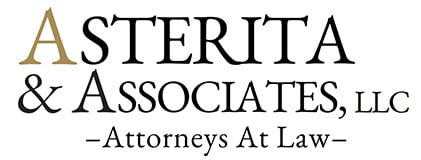Buying a property is a significant investment. Therefore, it can be frustrating and stressful to learn of a property’s defects that make it inhabitable or less desirable after making a purchase
It is why there are laws that require sellers to disclose details about a property that would inform a potential buyer’s decision to buy. Understanding these disclosure requirements could help avoid legal issues and protect your interests if you intend to sell your property.
What information should you disclose?
In a nutshell, you must disclose any information within your knowledge that a prospective buyer would find unfavorable. Some of the disclosures you should make to a prospective buyer include the following:
- Any known environmental hazards, such as the presence of harmful substances on the property
- Any structural defects with the property
- Existing damages and repairs to the property
- Neighborhood nuisances that could affect the buyer’s use and enjoyment of the property, among others
It is worth noting that the specific disclosures a seller must make depend on their jurisdiction. For instance, New York law requires sellers to complete a standard form disclosure statement with exact details of what they need to disclose to a home buyer.
The risk and penalties of not making the required disclosures
Misrepresenting facts or failing to make the necessary disclosures could result in financial and legal liabilities. You could be fined or forced to compensate the buyer for the resultant damages if you fail to comply with the law.
If you are looking to sell your property, it is advisable to have informed guidance to ensure you do everything by the book. Legal compliance will save you a lot of trouble and give you peace of mind.

